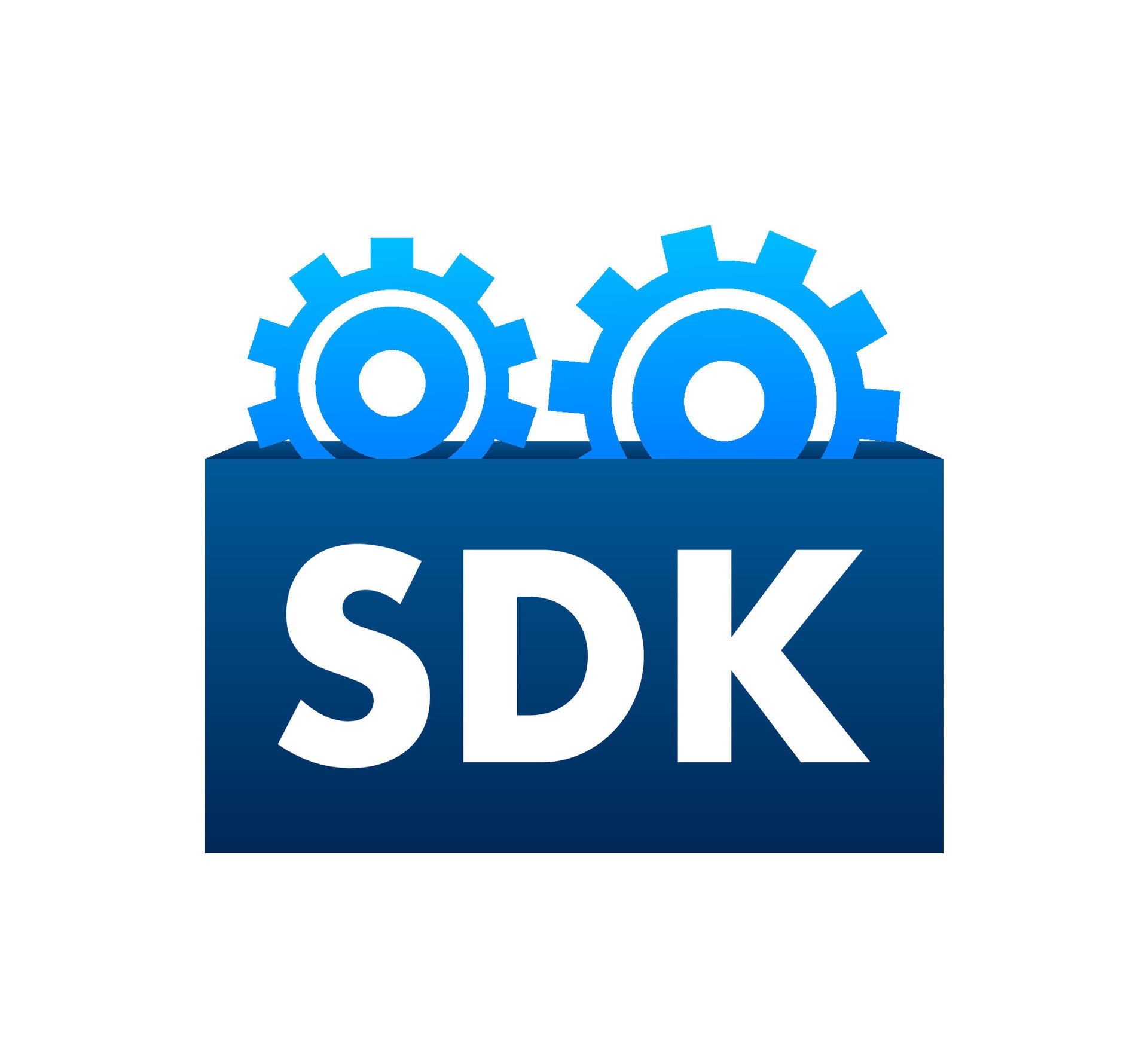Programming
Top 10 Mobile App Development SDKs
Developer's Guide
Apr 4, 2024
Introduction
Finding the right SDKs can make or break your mobile app project, saving time and boosting performance. Let's dive into the top SDKs mobile developers need to know about, along with tips to help you choose wisely.
Best Cross-Platform Development SDKs
Flutter (Google): Ideal for rapid prototyping and striking UIs. Pros: Hot reload, excellent performance. Cons: Larger app size, less mature community.
React Native (Meta): Leverages React for near-native performance. Pros: Strong community, mature ecosystem. Cons: Some performance limitations compared to native.
Xamarin (Microsoft): C# developers love this for native-like experiences. Pros: Shared codebase, access to .NET libraries. Cons: Can be more complex for beginners.
Top SDKs for Platform-Specific Apps
Android SDK (Google): The foundation for native Android development. Pros: Full access to platform features, in-depth control. Cons: Requires Java/Kotlin knowledge.
Xcode (Apple): Build iOS, macOS, watchOS, and tvOS apps with this. Pros: Tight integration with Apple devices, excellent performance. Cons: Requires Swift/Objective-C knowledge.
SDKs for Specialised Features
ARKit (Apple) / ARCore (Google): Unleash the power of augmented reality (AR) experiences with tools for 3D object placement, motion tracking, and environmental understanding.
Firebase (Google): Google's extensive toolkit for backend development, including authentication, databases, analytics, and cloud functions.
Stripe / Braintree (Payments): Securely integrate online payment processing into your mobile apps with these trusted SDKs.
Google Mobile Ads SDK (AdMob): Monetize your mobile app by displaying a diverse range of ad formats through Google's platform.
Maps SDK (Google/Apple): Embed interactive maps, location search, and turn-by-turn navigation within your mobile apps.
Factors to Consider When Choosing an SDK
Platform Support: Decide if cross-platform or native development is your priority. Example: Targeting only iOS? Xcode likely makes the most sense.
Your Skills: Match the SDK to your team's language expertise. Example: Strong JavaScript team? React Native is a natural fit.
Feature Needs: Do you need AR, payments, or advanced analytics? Example: Building a 3D game? Opt for an SDK with robust graphics support.
Documentation and Community: These are lifelines! Example: Choose SDKs with active forums for easier troubleshooting.
For our Services, feel free to reach out to us via meeting…
Please share our content for further education


